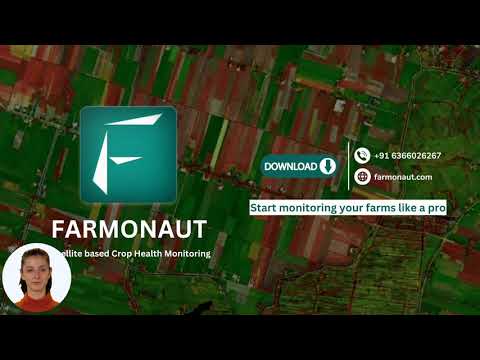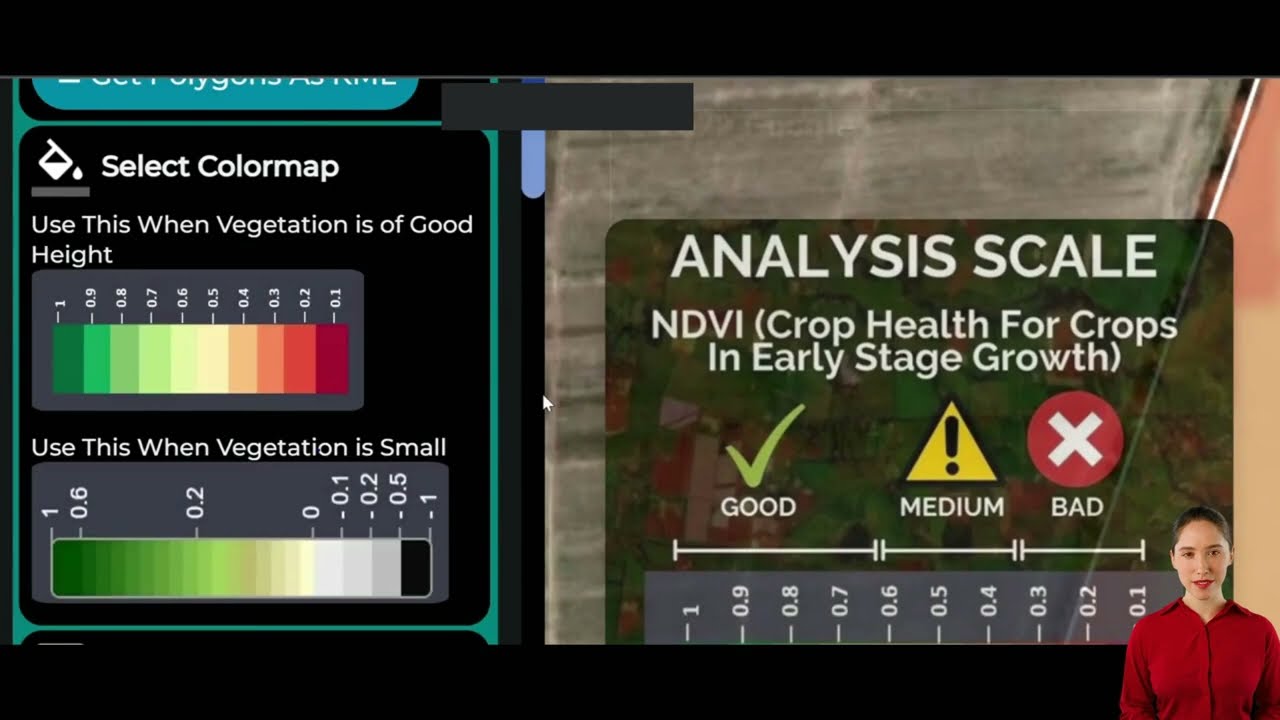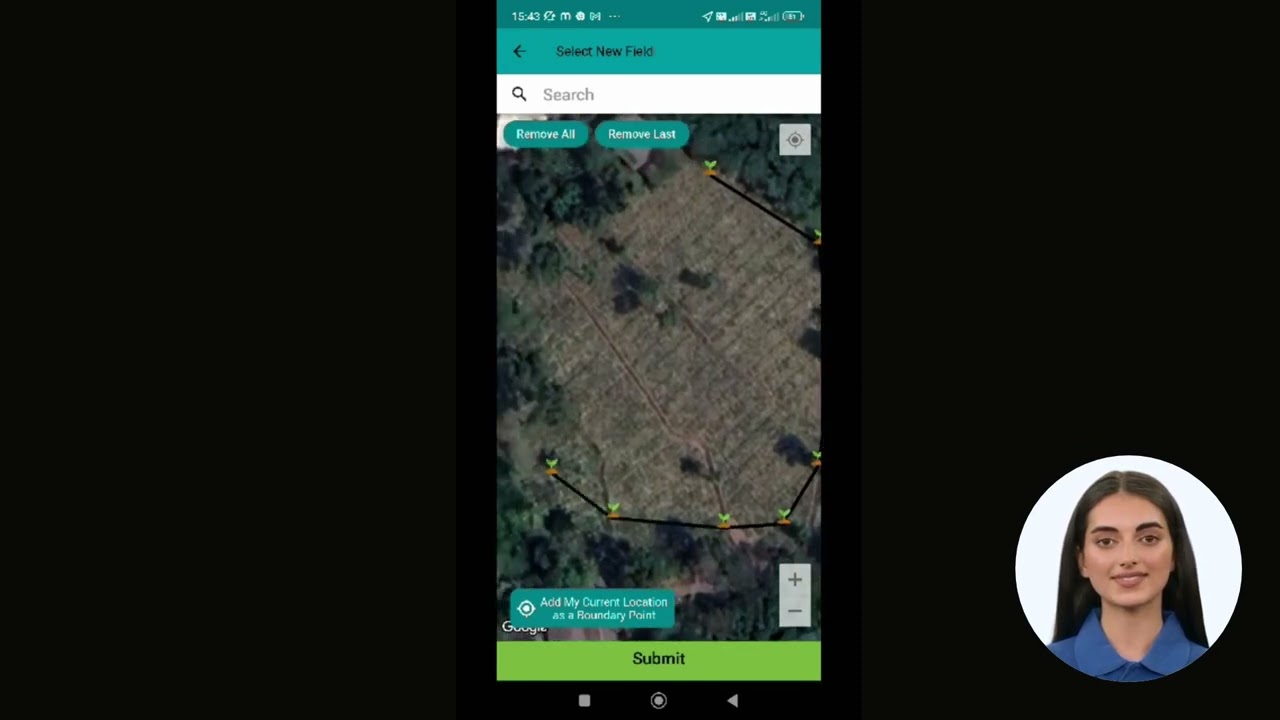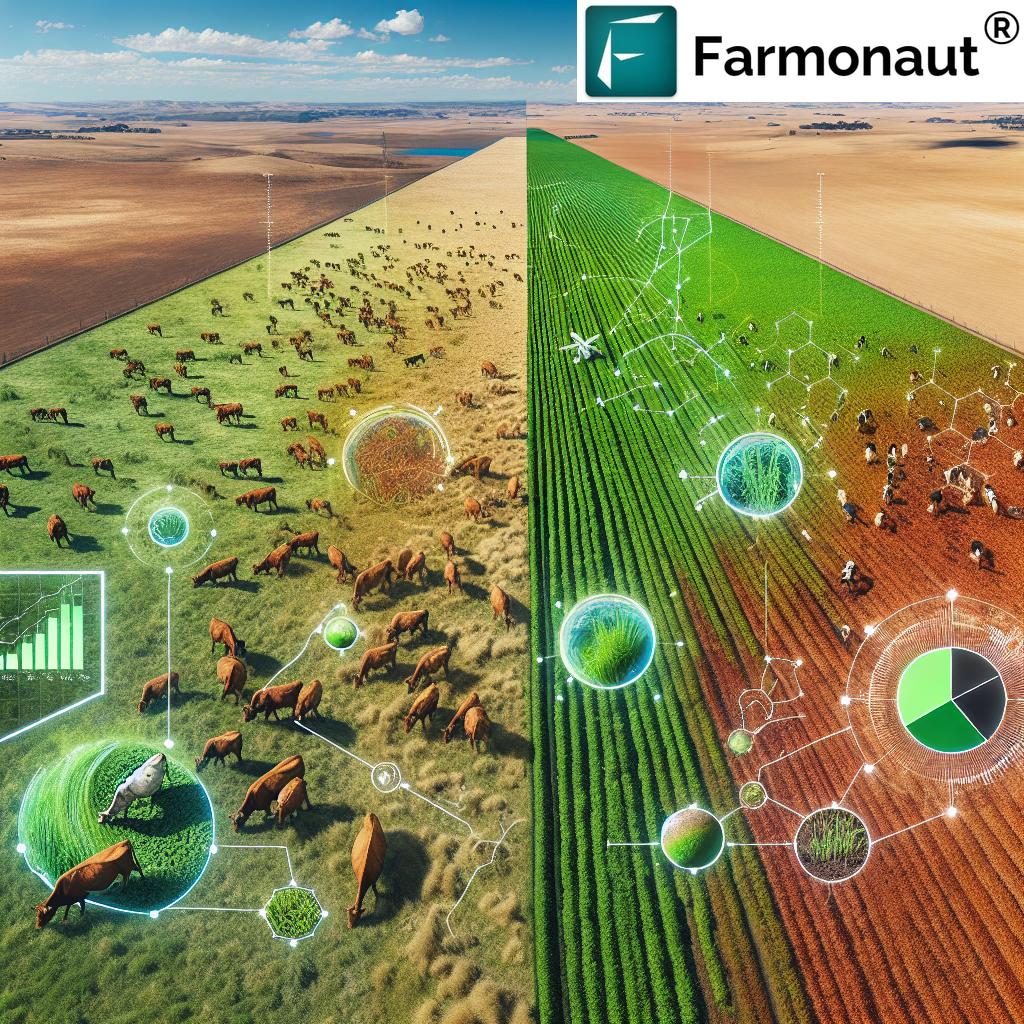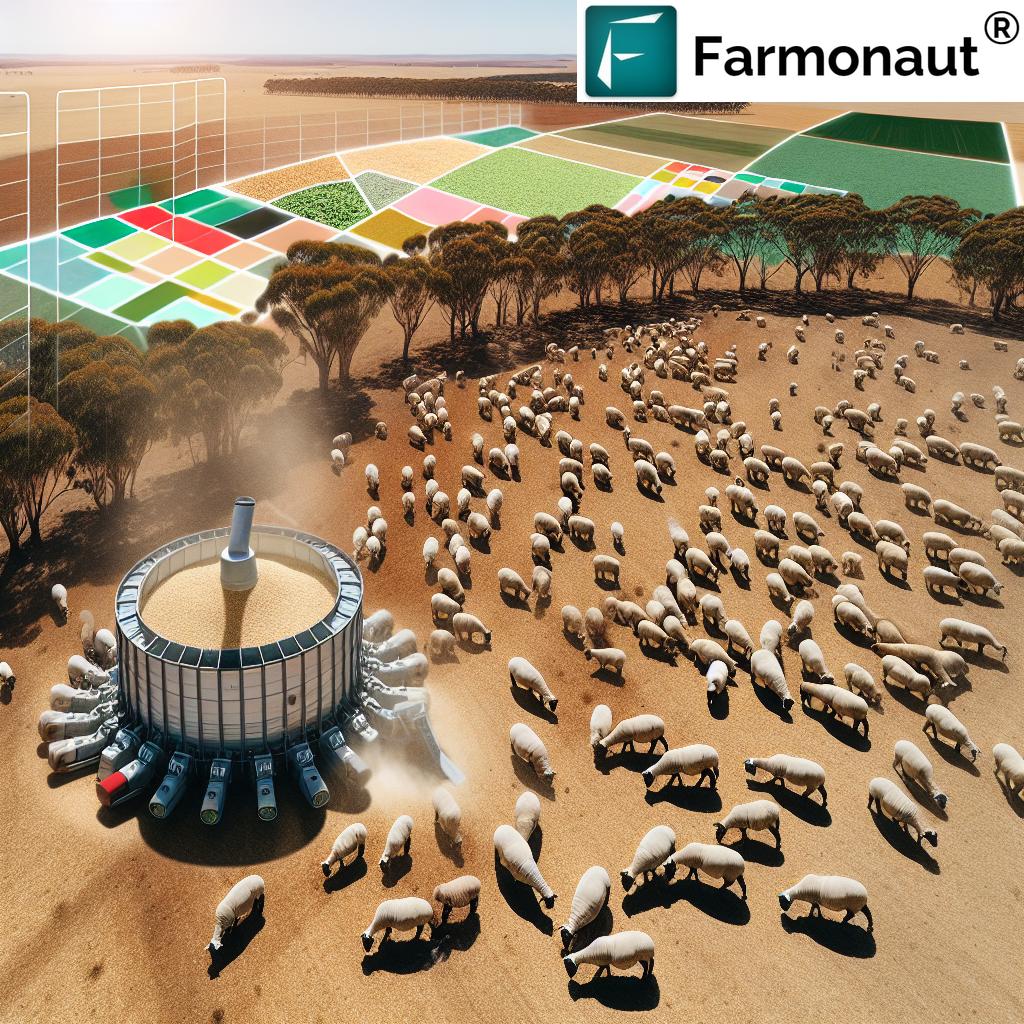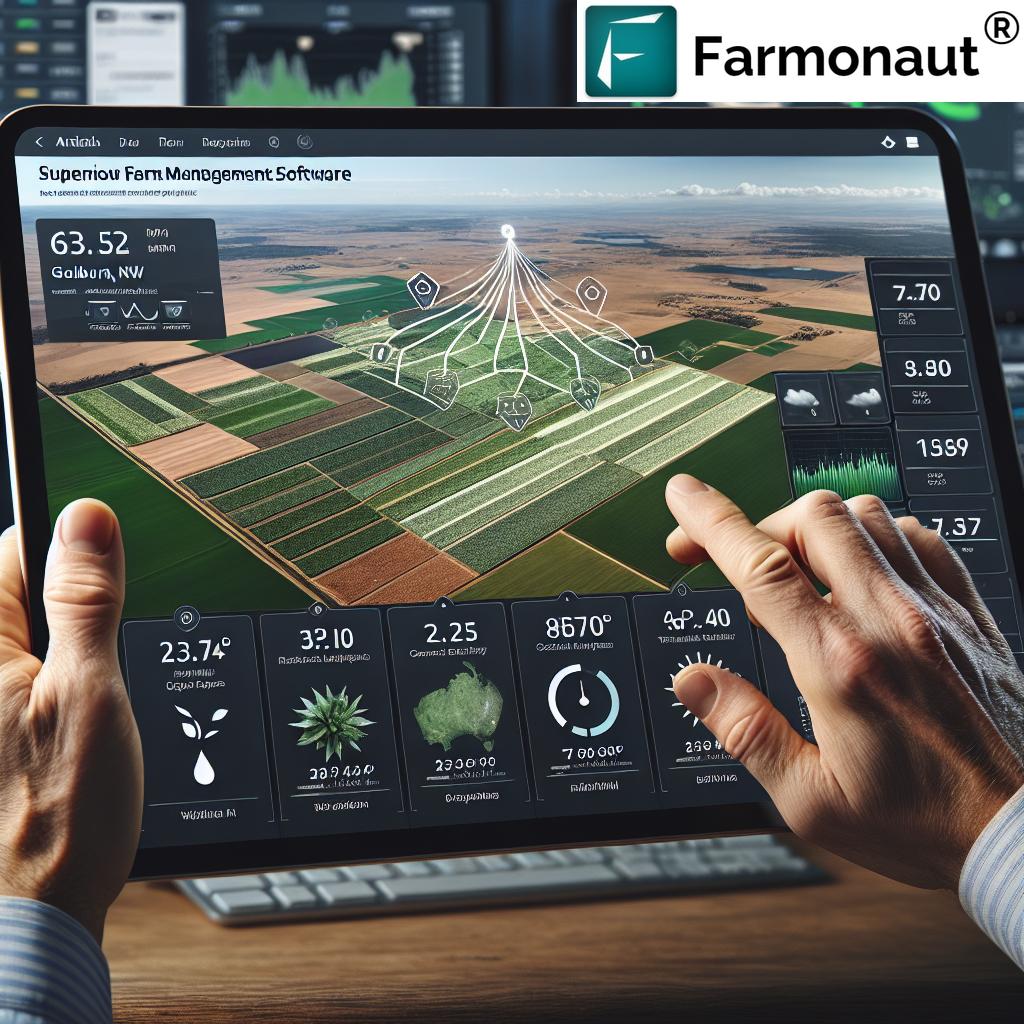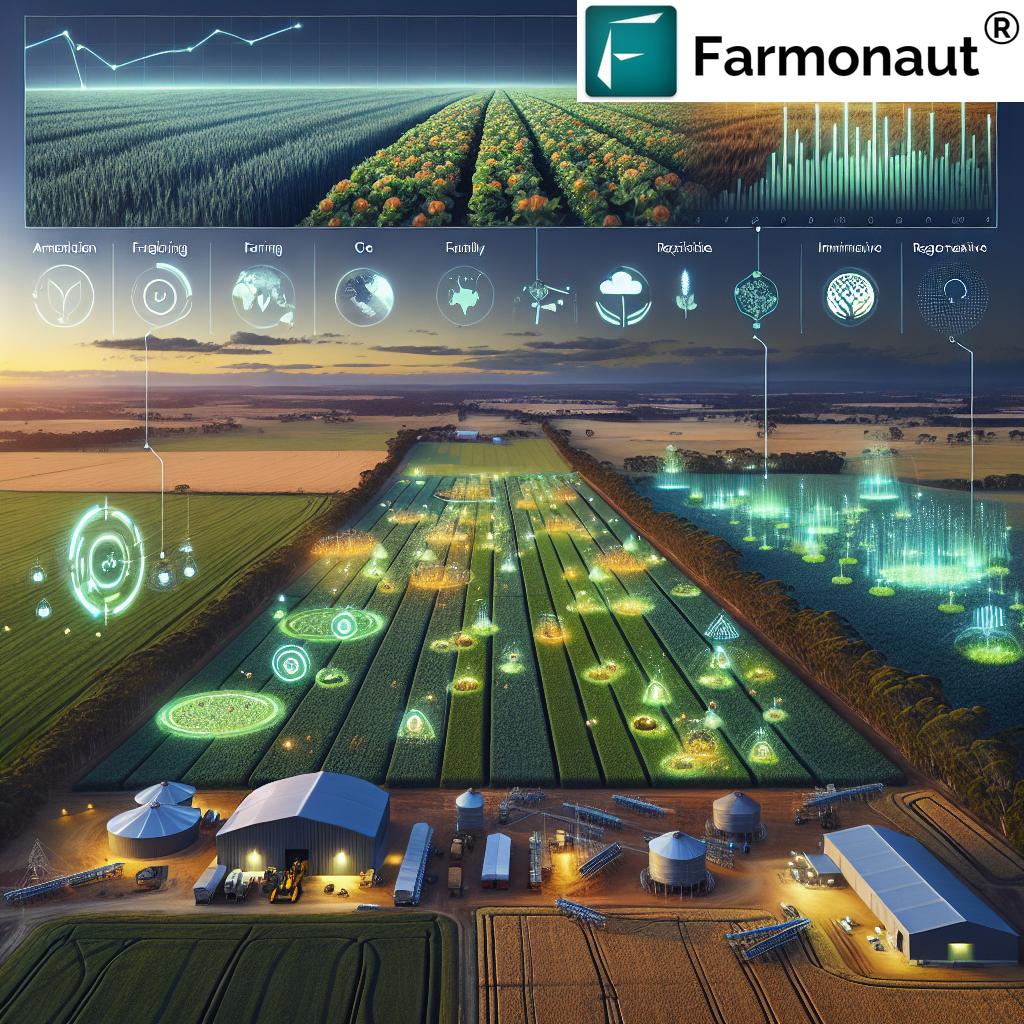Unlock Your Agribusiness Future: International Student Guide to Agriculture Courses in Australia
“Australia offers over 40 different agriculture-related courses for international students across various institutions.”
Welcome to our comprehensive guide for international students looking to pursue agriculture courses in Australia! We’re excited to take you on a journey through the diverse opportunities available in the land Down Under. Australia’s rich agricultural heritage, combined with its cutting-edge technology and research, makes it an ideal destination for aspiring agribusiness professionals.
In this guide, we’ll explore everything from visa requirements to course options, helping you navigate the path to your agricultural dreams. Let’s dive in and discover how you can cultivate your future in Australia’s fertile educational landscape!
Why Study Agriculture in Australia?
Australia’s agricultural sector is a cornerstone of its economy, contributing significantly to the nation’s GDP. With its vast landscapes and diverse climates, Australia offers a unique learning environment for agricultural studies. Here’s why it’s an excellent choice for international students:
- World-class education system
- Cutting-edge research facilities
- Hands-on practical experience
- Multicultural learning environment
- Opportunities to work with advanced agricultural technologies
Speaking of advanced technologies, let’s take a moment to explore how Farmonaut’s innovative solutions complement agricultural education in Australia.
Farmonaut’s satellite-based farm management solutions offer students a unique opportunity to engage with precision agriculture techniques. By integrating Farmonaut’s technology into their studies, international students can gain practical skills in remote sensing, crop health monitoring, and data-driven decision-making – all crucial competencies in modern agriculture.
Agribusiness Education Visa Requirements
Before you can embark on your agricultural adventure in Australia, it’s essential to understand the visa requirements. The most common visa for international students is the Student Visa (subclass 500). Here’s what you need to know:
- Genuine Temporary Entrant (GTE) requirement
- Proof of enrollment in a registered course
- English language proficiency
- Financial capacity to support your stay
- Overseas Student Health Cover (OSHC)
It’s important to note that visa requirements can change, so we recommend checking the official Department of Home Affairs website for the most up-to-date information.
Horticulture Courses for International Students
Horticulture is a thriving field in Australia, with courses available at various levels. Whether you’re interested in ornamental horticulture, fruit production, or landscape design, there’s a program for you. Some popular horticulture courses include:
- Certificate III in Horticulture
- Diploma of Horticulture
- Bachelor of Horticulture
- Master of Horticultural Science
These courses often include practical components, allowing students to get their hands dirty in Australia’s diverse horticultural environments. Many institutions also incorporate technology like Farmonaut’s satellite imagery for crop health monitoring, giving students exposure to cutting-edge industry practices.

Agronomy Training Programs in Australia
Agronomy is at the heart of agricultural science, focusing on soil management and crop production. Australia offers excellent agronomy training programs that combine theoretical knowledge with practical field experience. Some key programs include:
- Bachelor of Agricultural Science (Agronomy major)
- Master of Agronomy
- Graduate Diploma in Agronomy
- PhD in Agronomy
These programs often collaborate with industry partners, providing students with opportunities to work on real-world projects. For instance, students might use Farmonaut’s AI-powered advisory system to analyze crop health and make informed decisions about irrigation and fertilizer use.
Working Holiday Visa Agriculture Courses
For those looking to combine work experience with study, the Working Holiday Visa (subclass 417) or Work and Holiday Visa (subclass 462) can be excellent options. These visas allow young adults to work and study for up to 12 months. While on these visas, you can:
- Enroll in short courses related to agriculture
- Gain hands-on experience on Australian farms
- Explore different aspects of Australian agriculture
Many working holiday makers choose to complete farm work to extend their visa for a second or third year. This can be an excellent opportunity to apply theoretical knowledge in a practical setting and potentially use tools like Farmonaut’s mobile app for farm mapping and management.
VET Student Loans for Agriculture
“International agriculture students in Australia can potentially access up to $16,077 in VET Student Loans for eligible courses.”
Vocational Education and Training (VET) courses are an excellent pathway for international students looking to gain practical skills in agriculture. The Australian government offers VET Student Loans for eligible students enrolled in approved courses. Here’s what you need to know:
- Loans are available for diploma-level courses and above
- You must meet citizenship and residency requirements
- The loan amount varies depending on the course
- Repayment begins once you start earning above a certain threshold
It’s important to note that while international students are generally not eligible for VET Student Loans, those on humanitarian visas or New Zealand citizens may qualify. Always check with the educational institution and the government’s official VET Student Loans website for the most current information.
Online Agriculture Courses in Australia
In today’s digital age, online learning has become increasingly popular, and agriculture education is no exception. Many Australian institutions offer online or blended learning options for international students. These courses provide flexibility and can be an excellent option for those who cannot relocate to Australia immediately. Some benefits include:
- Flexibility to study from anywhere in the world
- Access to Australian expertise without relocation
- Opportunity to balance work and study
- Reduced costs compared to on-campus study
Online courses often incorporate digital tools and platforms, such as Farmonaut’s web application, to provide practical experience in remote farm management and satellite data interpretation.

Recognition of Prior Learning in Agriculture
For international students with previous experience or qualifications in agriculture, Recognition of Prior Learning (RPL) can be a valuable pathway. RPL allows you to receive credit for your existing skills and knowledge, potentially reducing the duration and cost of your studies. Here’s how it works:
- Assessment of your previous qualifications and experience
- Credit granted for relevant skills and knowledge
- Potential to fast-track your qualification
- Opportunity to focus on new areas of learning
Many Australian institutions offer RPL assessments, so be sure to inquire about this option when applying for your chosen course.
International Student Pathways in Agriculture
Australia offers various pathways for international students to progress through different levels of agricultural education. These pathways provide flexibility and allow students to build their qualifications over time. Here’s an overview of potential pathways:
- Certificate courses → Diploma → Advanced Diploma
- Diploma → Bachelor’s Degree
- Bachelor’s Degree → Graduate Certificate → Graduate Diploma → Master’s Degree
- Master’s Degree → PhD
Each step in these pathways can open up new opportunities and areas of specialization within the agricultural sector. For example, a student might start with a Diploma in Agriculture, progress to a Bachelor’s degree focusing on precision agriculture, and then pursue a Master’s degree specializing in agricultural technology implementation.
Comparison of Agriculture Study Options in Australia
| Study Option | Duration | Visa Type | Estimated Course Fees (AUD) | Eligibility Criteria | Potential Career Outcomes | Integration with Farmonaut Technology |
|---|---|---|---|---|---|---|
| Bachelor’s Degree in Agribusiness | 3-4 years | Student Visa (subclass 500) | $30,000 – $45,000 per year | High school completion, English proficiency | Agribusiness Manager, Farm Manager | Use of Farmonaut’s satellite imagery for farm analysis projects |
| VET Diploma in Horticulture | 1-2 years | Student Visa (subclass 500) | $15,000 – $25,000 per year | High school completion, English proficiency | Horticulturist, Nursery Manager | Practical application of Farmonaut’s crop health monitoring tools |
| Master’s in Agronomy | 1.5-2 years | Student Visa (subclass 500) | $35,000 – $50,000 per year | Bachelor’s degree, English proficiency | Agronomist, Agricultural Researcher | Advanced use of Farmonaut’s AI advisory system for crop management |
| Short-term Agriculture Training | 2-12 weeks | Working Holiday Visa (subclass 417/462) | $2,000 – $10,000 | Age 18-30, country-specific requirements | Farm Hand, Entry-level Agricultural Worker | Introduction to Farmonaut’s mobile app for basic farm mapping |
State Subsidies and Support for International Agriculture Students
While international students are generally not eligible for the same level of government support as domestic students, some states in Australia offer specific programs or subsidies to attract international talent in agriculture. Here’s a brief overview:
- New South Wales (NSW): Offers scholarships for international students in priority sectors, including agriculture.
- Queensland (QLD): Provides industry placement programs and networking opportunities for international agriculture students.
- Victoria: Offers various internship programs in agriculture, some of which are open to international students.
- Western Australia: Has specific programs to support international students in regional areas, including those studying agriculture.
It’s important to research the specific offerings in your chosen state and institution, as these can change over time. Many of these programs aim to provide practical experience, which could include exposure to technologies like Farmonaut’s precision agriculture tools.
Enhancing Your Agricultural Education with Farmonaut
As you embark on your agricultural education journey in Australia, it’s crucial to stay abreast of the latest technologies shaping the industry. Farmonaut’s suite of tools can significantly enhance your learning experience and prepare you for the future of agriculture. Here’s how:
- Satellite-Based Crop Health Monitoring: Learn to interpret multispectral imagery and make data-driven decisions about crop management.
- AI Advisory System: Gain hands-on experience with AI-powered agricultural advice, a key skill for future agronomists.
- Blockchain-Based Traceability: Understand the importance of supply chain transparency in modern agriculture.
- Resource Management Tools: Learn efficient resource allocation techniques essential for sustainable farming practices.
By familiarizing yourself with these technologies during your studies, you’ll be well-prepared for a career in modern agriculture. Many Australian institutions are incorporating such technologies into their curricula, recognizing their importance in shaping the future of farming.
Explore Farmonaut’s offerings:
For developers interested in integrating agricultural data: Farmonaut API | API Developer Docs
Cultural Considerations for International Students
Studying in Australia isn’t just about academics; it’s also an opportunity to immerse yourself in a diverse and welcoming culture. Here are some cultural aspects to keep in mind:
- Indigenous Agricultural Practices: Learn about Aboriginal and Torres Strait Islander land management techniques and their significance in Australian agriculture.
- Multicultural Environment: Embrace the opportunity to study alongside students from various cultural backgrounds, enriching your global perspective on agriculture.
- Work Culture: Understand Australian workplace norms, which can be beneficial for internships or part-time work in the agricultural sector.
- Environmental Consciousness: Australia places a strong emphasis on sustainable farming practices, reflecting the nation’s commitment to environmental stewardship.
Many Australian institutions offer support services specifically for international students, helping you navigate these cultural aspects and make the most of your time in Australia.
Career Prospects for International Agriculture Graduates
Completing an agriculture-related course in Australia can open up a world of opportunities. Here are some potential career paths:
- Farm Manager
- Agricultural Consultant
- Agribusiness Analyst
- Precision Agriculture Specialist
- Agricultural Researcher
- Sustainable Farming Advisor
- Agricultural Technology Developer
Many of these roles involve working with advanced technologies like those offered by Farmonaut. For instance, a Precision Agriculture Specialist might use Farmonaut’s satellite imagery and AI advisory system to optimize crop yields and resource use.
Staying Connected: Agriculture Communities and Networks
Building a professional network is crucial for success in the agricultural sector. Australia offers numerous opportunities to connect with fellow students, professionals, and industry leaders:
- Student Associations: Join agriculture-focused student groups at your institution.
- Industry Events: Attend agricultural conferences, trade shows, and field days.
- Online Forums: Participate in Australian agriculture forums and social media groups.
- Alumni Networks: Stay connected with your institution’s alumni network after graduation.
These connections can provide valuable insights, job opportunities, and support throughout your career in agriculture.
Farmonaut Subscriptions for Students
To support your agricultural studies and provide hands-on experience with cutting-edge technology, Farmonaut offers special subscription plans for students. These plans give you access to powerful tools that complement your coursework and prepare you for a career in modern agriculture.
FAQ: International Students and Agriculture Courses in Australia
Q: Can international students work while studying agriculture in Australia?
A: Yes, international students on a valid student visa can work up to 40 hours per fortnight during term time and full-time during scheduled course breaks.
Q: Are there English language requirements for agriculture courses?
A: Yes, most institutions require proof of English proficiency, typically through tests like IELTS or TOEFL. The required scores may vary by institution and course level.
Q: Can I apply for permanent residency after completing an agriculture course in Australia?
A: It’s possible, but requirements can change. Some agriculture-related occupations are on Australia’s skilled occupation list, which can provide pathways to permanent residency.
Q: Are there scholarships available for international students studying agriculture?
A: Yes, many Australian universities and some government departments offer scholarships specifically for international students in agriculture. It’s best to check with individual institutions and the Australia Awards program.
Q: How can I gain practical experience in Australian agriculture as an international student?
A: Many courses include internships or work placements. Additionally, you can seek part-time work in the agricultural sector, volunteer on farms, or participate in research projects.
Conclusion: Cultivating Your Future in Australian Agriculture
Studying agriculture in Australia as an international student offers a unique blend of world-class education, practical experience, and exposure to cutting-edge technologies like those provided by Farmonaut. From hands-on farm work to advanced research opportunities, Australia provides a fertile ground for growing your agricultural knowledge and skills.
Remember, the journey doesn’t end with your studies. The connections you make, the technologies you master, and the cross-cultural experiences you gain will all contribute to a successful career in global agriculture. Whether you choose to apply your skills back home or seek opportunities in Australia’s thriving agricultural sector, your Australian education will provide a strong foundation for success.
We encourage you to explore the various courses, institutions, and pathways available. Consider how tools like Farmonaut can complement your studies and give you a competitive edge in the job market. With determination, the right education, and a passion for innovation, you’re well on your way to unlocking a bright future in agribusiness.
Start your journey today, and cultivate a world of opportunities in Australian agriculture!



